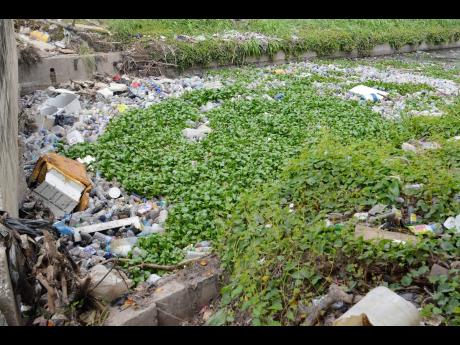Dengue cases in Jamaica surpass 1,000 mark
The Ministry of Health & Wellness is reporting that as of Thursday, November 30, there were 1,301 confirmed dengue cases in Jamaica. While Dengue Serotypes 2, 3 and 4 have been identified among the population, Dengue Serotype 2 remains the dominant strain. At the same time, there are now a total of 12 Dengue-related deaths – eight classified as suspected and four as confirmed.
All parishes continue to observe an increase in dengue cases in 2023 compared to 2022 with Kingston & St Andrew reporting the highest number of cases (1,232) for 2023. However, St Thomas continues with the highest rate of 541.4 cases per 100,000 population, followed by Portland (345.8), Trelawny with 315.5 per 100,000 and Manchester with 310.9 per 100,000 population. The highest number of cases continues to be observed in the five to 14-year-old cohort at a rate of 623.1 cases per 100,000 population.
In a release to the media, the ministry reminded that dengue fever is a mosquito-borne disease that is usually a mild illness in which a person might get a fever, headache, joint, and muscle pains. Rest and adequate hydration are usually enough to see one through the period of illness. The recommended treatment for the fever is acetaminophen/paracetamol. Members of the public are implored not to use aspirin, diclofenac, ibuprofen, or any of the medications/pain-relievers known as non-steroidal anti-inflammatory drugs (NSAIDs). These drugs, when used to treat the fever in dengue, have been known to increase the severity of the disease.
On occasions the illness can progress to severe dengue, which can result in organ failure, as well as bleeding (haemorrhage), and severe fluid depletion that can lead to shock and death. People experiencing fever, vomiting, severe abdominal pain, bleeding under the skin (petechial rash), severe weakness, or getting confused, are to seek immediate medical attention.
People are asked to play their part in ensuring that the dengue cases are minimised by monitoring water storage containers for mosquito breeding, keeping surroundings free of debris, destroying or treating potential mosquito breeding sites, wearing protective clothing and using a DEET containing mosquito repellent.

